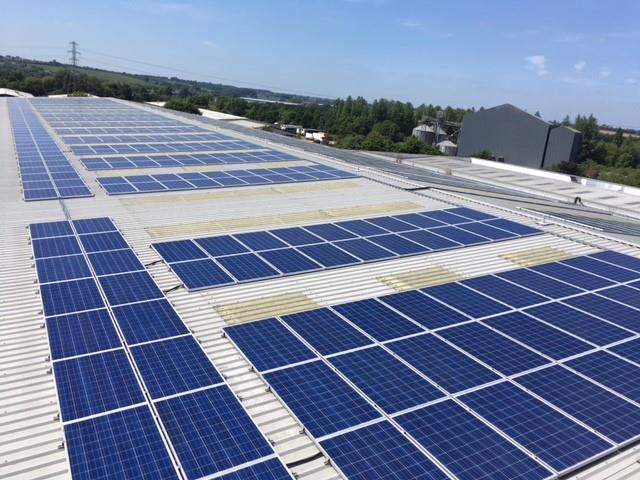
Market trials
Our flexible energy market trials in conjunction with the TRANSITION project
Developing markets and platforms for a new energy system
Providing flexible energy has a commercial value – it can be bought and sold. It is the network operators who buy the energy (except for peer-to-peer trading) by running flexible energy markets to obtain the energy they need.
The key barrier to making the most of renewable technologies and flexible energy solutions at the scale needed is the absence of the right markets and platforms. These are necessary to integrate all the different components into a system – a system in economic, technical, societal, and commercial terms.
What we’re testing
- The ability of these assets to deliver this energy flexibly and their owners to be paid for doing so
- The best ways for these markets to be operated and the rules and contracts needed to make them work
- A range of different flexibility services
- Conflicts that might occur between the people and businesses buying and selling energy and how these can be avoided or managed
- New systems, platforms and technologies that will be used to run, manage and coordinate the markets
- Peer-to-peer flexibility trading between two energy users/generators
- How opportunities can be realised so that everyone can benefit from an increase in the use of flexible energy as part of a smart local energy system
- Where it has proved advantageous our trials have followed a Minimum Viable System (MVS) approach to testing new flexibility services. This is achieved through using the minimum set of requirements to test any hypothesis, new process modification, asset use case, service, or change from previous trial iterations.
TRANSITION and LEO
Our flexible energy market trials are being run in partnership with the TRANSITION project. TRANSITION, which is part of the Open Networks project, is testing energy system architecture for the move to a smarter network, supporting the UK’s net zero targets and the requirements of a Distributed System Operator.